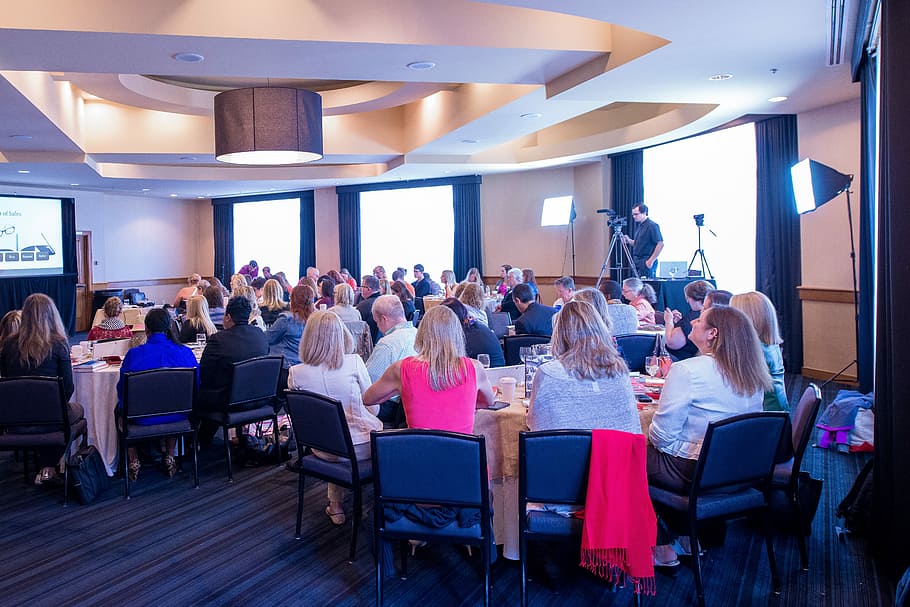Event marketing is key to attracting attendees and creating buzz around your event. Whether you’re organizing a small workshop or a large conference, these event marketing ideas can help ensure your event’s success.
1. Leverage Social Media
Social media is a powerful tool for promoting events. Create a unique hashtag and use it consistently across all platforms. Share engaging content such as behind-the-scenes photos, speaker announcements, and countdowns. Encourage attendees to use the hashtag to build community and excitement.
2. Create Engaging Content
Produce content that adds value and draws attention to your event. Blog posts, videos, podcasts, and infographics related to your event theme can help attract potential attendees. Sharing success stories from past events can also boost interest.
3. Utilize Email Marketing
Email remains one of the most effective ways to reach your audience. Send personalized invitations and follow-up emails. Include all the necessary details and benefits of attending the event. Regular updates keep potential attendees informed and engaged.
4. Partner with Influencers
Collaborate with influencers or industry leaders who align with your event’s theme. Their endorsement can significantly boost your event’s visibility. Offer them free tickets or speaking opportunities in exchange for promoting your event.
5. Host Webinars and Live Q&A Sessions
Hosting a webinar or a live Q&A session with your speakers or organizers can generate interest and provide a sneak peek of what attendees can expect. This interactive approach can engage your audience and answer any questions they might have.
6. Offer Early Bird Discounts
Early bird discounts create a sense of urgency and encourage early registrations. Promote these discounts through all your marketing channels to attract attendees who are eager to save on ticket prices.
7. Use Event Listing Websites
List your event on popular event listing websites like Eventbrite, Meetup, and local event directories. These platforms have large user bases actively looking for events to attend, increasing your event’s exposure.
8. Engage with Local Media
Reach out to local newspapers, radio stations, and TV channels. A press release or a feature story can attract attendees from your local community. Local media coverage adds credibility and spreads the word about your event.
9. Create a Compelling Event Website
A well-designed event website acts as the central hub for all event information. Include details about speakers, schedules, ticketing, and FAQs. Optimize it for search engines and ensure it’s mobile-friendly. A seamless registration process on your website can also boost ticket sales.
Final Thoughts
Effective event marketing requires creativity and a strategic approach. By leveraging social media, creating engaging content, utilizing email marketing, partnering with influencers, hosting webinars, offering early bird discounts, using event listing websites, engaging with local media, and creating a compelling event website, you can maximize your event’s reach and ensure its success.

